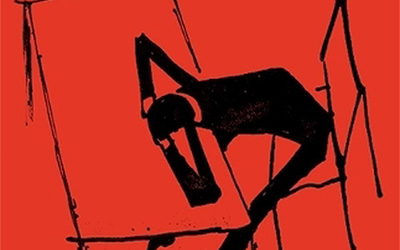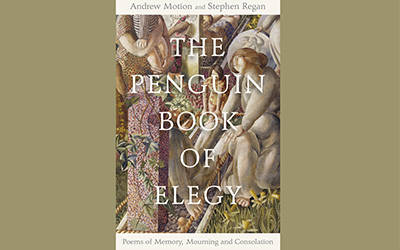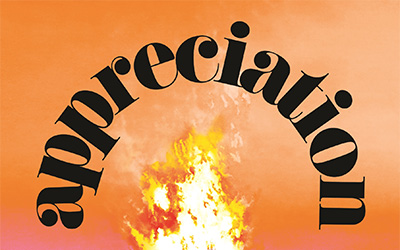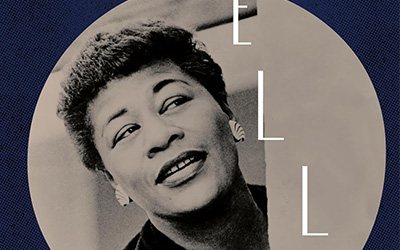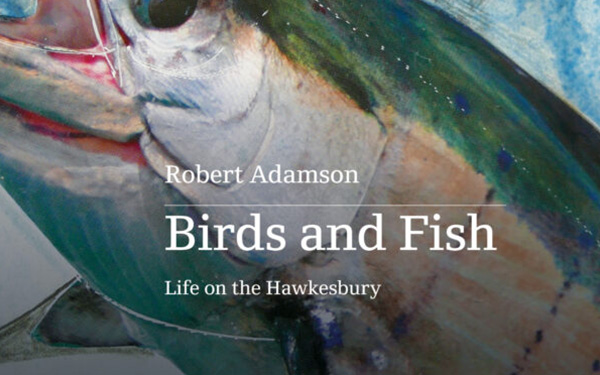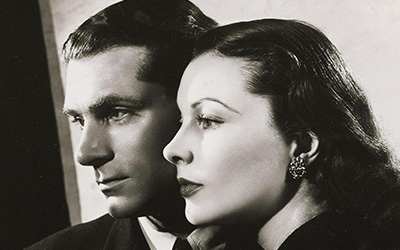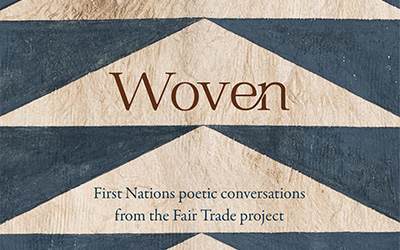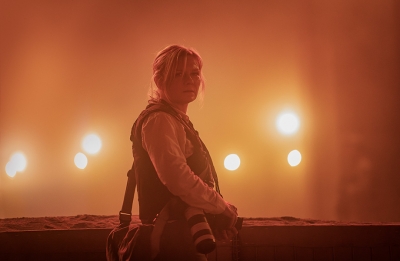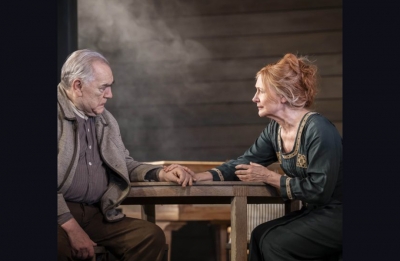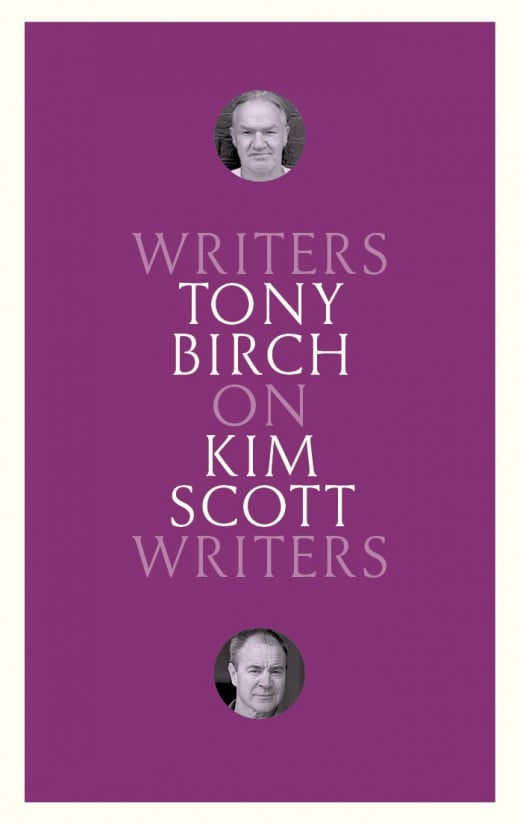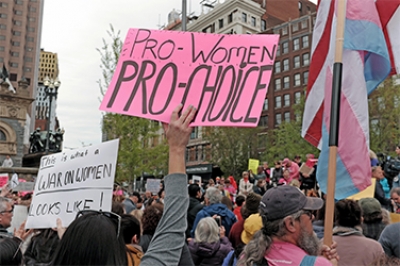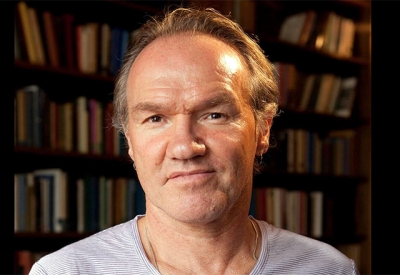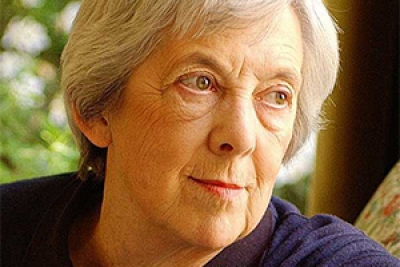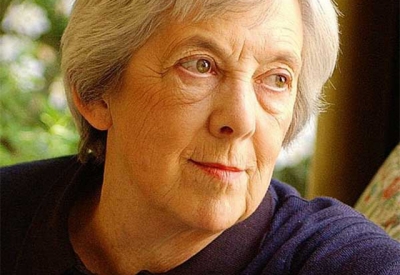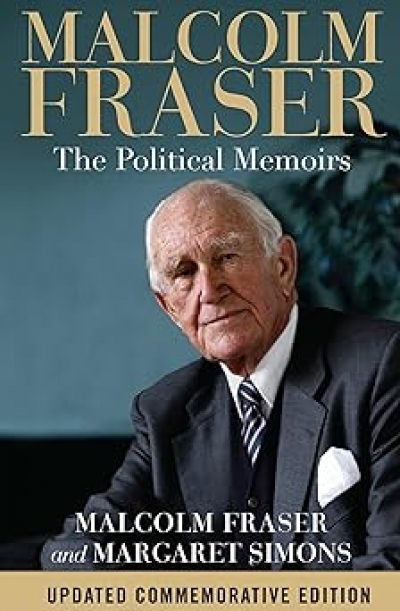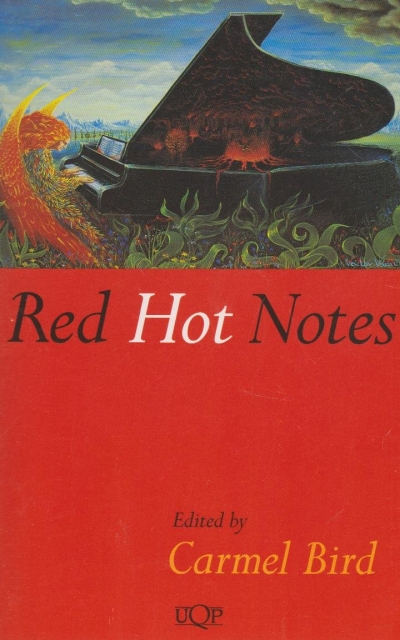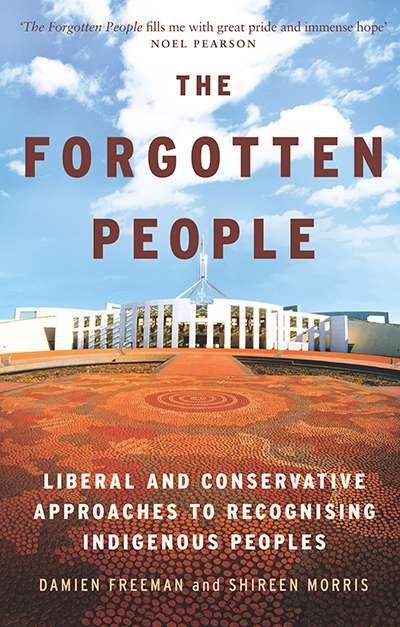Selected Stories by Franz Kafka, translated and edited by Mark Harman
In Selected Stories, Mark Harman gives us crisp new translations of Franz Kafka’s best novellas and tales and also a substantial scholarly introduction to his life and work. Like most biographers, he explores Kafka’s painful relations with his family, particularly his father, and his anxieties about marriage. The women in Kafka’s life – particularly his twice-rejected fiancée
Felice Bauer and his gifted Czech translator Milena Jesenská – are powerful presences. But Harman looks beyond Freudian family romance for insight. He sees Kafka as a man in search of transformative experience. Kafka tried to enlist during World War I; he reflected with increasing urgency on what it meant to be a Jew; he wrestled with philosophical and religious doubt. Set against all this, there was his absolute commitment to an ascetic writing life, which he sometimes feared was no life at all, making him a man made only of words, a literary fiction, truly absurd – and so in the midst of all these struggles he laughed, primarily at himself. Irony is thus the hallmark of his writing, with, as Harman says, ‘humour hidden in the interstices of his sentences’.





